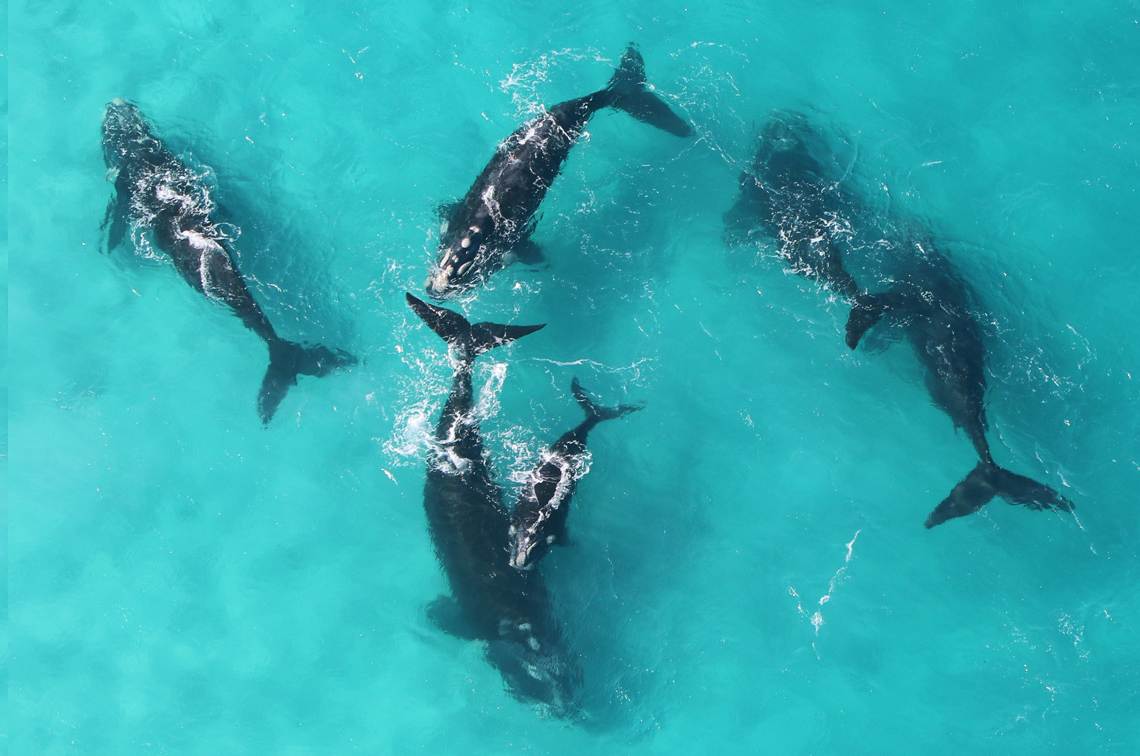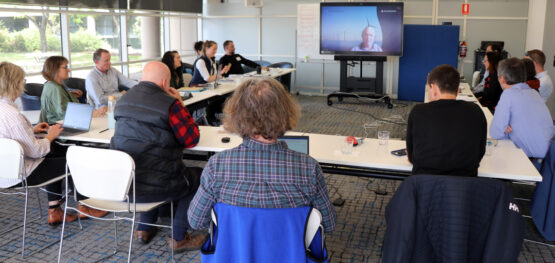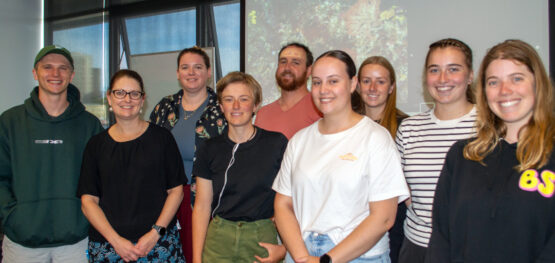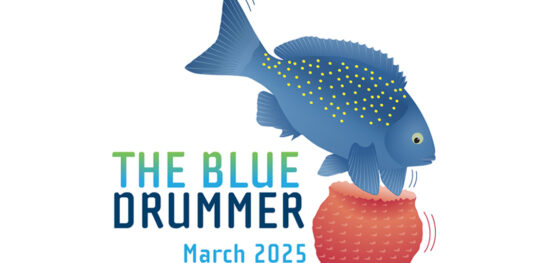Article
26 March 2025
Australia is rapidly entering a phase of offshore windfarm energy development, and there is an immediate need to ensure this development occurs in a socially and ecologically acceptable way.
Environmental information is needed for effective planning and assessments. The Marine and Coastal Hub is collating and reviewing existing environmental information for Australian offshore wind declaration areas.
Hub researchers are identifying datasets on ecosystems, habitats, oceanography and priority species at a regional scale for declared areas. They are recommending ways to make the information more accessible and useful, and detailing best practice research procedures used overseas.
Focus on Gippsland
An area off Gippsland, Victoria, became a Declared Area for Offshore Energy Infrastructure in late 2022. The Department of Climate Change, Energy, the Environment and Water and the National Offshore Petroleum Safety and Environmental Management Authority subsequently identified the need for a rapid assessment of information available for this area.
A hub project has identified datasets and information sources for 15 priority species potentially at risk to offshore renewable energy activities in this region through interactions during construction, operations and decommissioning. It also assessed the level of data accessibility and utility, and what is needed to improve access to data.
A stakeholder workshop, data holder/user survey, and literature and repository search focused on the presence, distribution, movement, population dynamics and behaviour of relevant seabirds, shorebirds and cetaceans.

Many of the priority species had a wide distribution and moved across considerable distances. The project therefore considered data and information beyond Gippsland to include the entire Bass Strait region.
The workshop, survey and literature search confirmed that a diverse range of datasets had been and are being collected. Further effort is needed to improve mechanisms for data storage and discovery, particularly given that many datasets are not represented by metadata records in repositories.
The project recommended that improved delivery of metadata is essential for ensuring that data collected relevant to assessments meet internationally recognised FAIR (findable, accessible, interoperable and reusable) data principles.
This will require researchers, government, proponents and infrastructure providers to support improved communication, awareness and exchange of information across those generating and using data and information on priority species across the region.
Also, a specific, priority list of potential offshore windfarm impacts is needed to identify the key datasets required to quantify impacts and track these at the population level through time. This will require collection and accessibility of data for species and relevant stressors such as noise.
Further reading
- Project 3.21 technical report: Identifying priority datasets of relevance to the Gippsland declaration area and pathways for their use in decision making
- Project 3.3 technical report: Guiding research and best practice standards for the sustainable development of offshore renewables and other emerging marine industries in Australia



